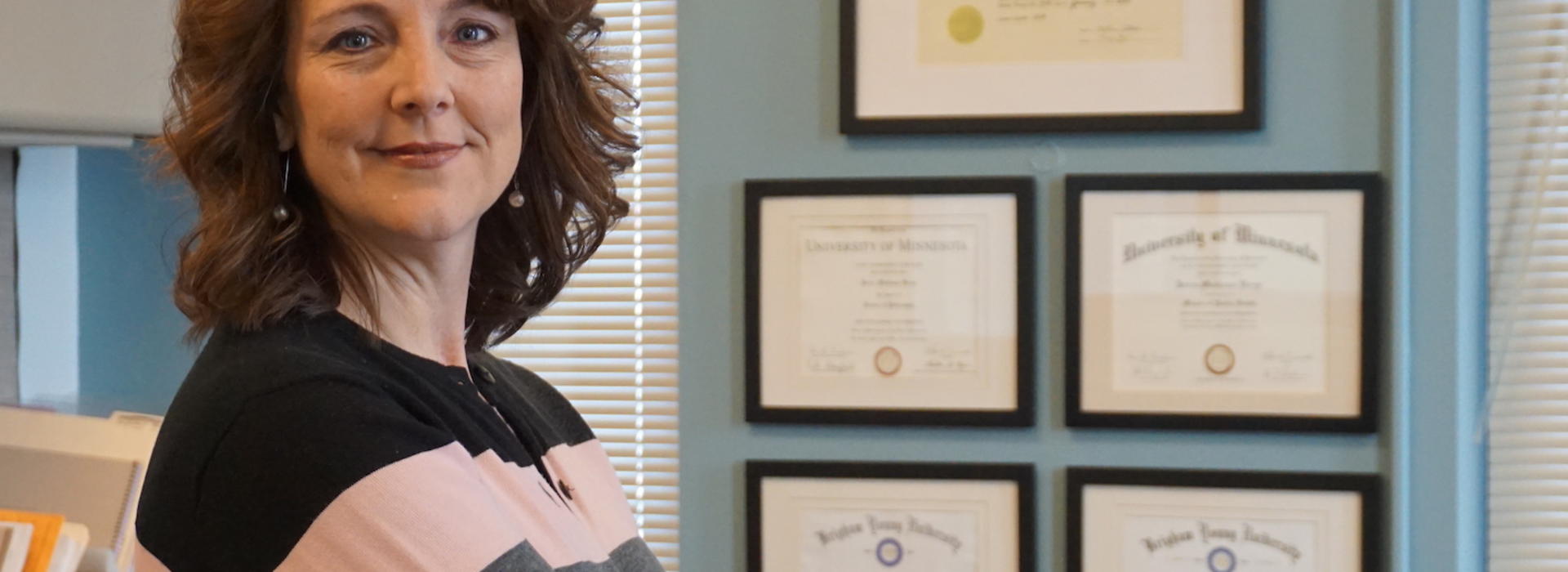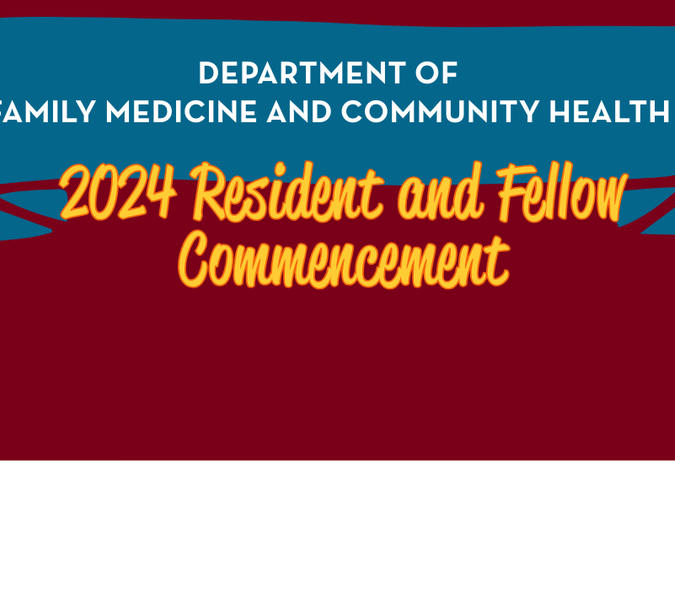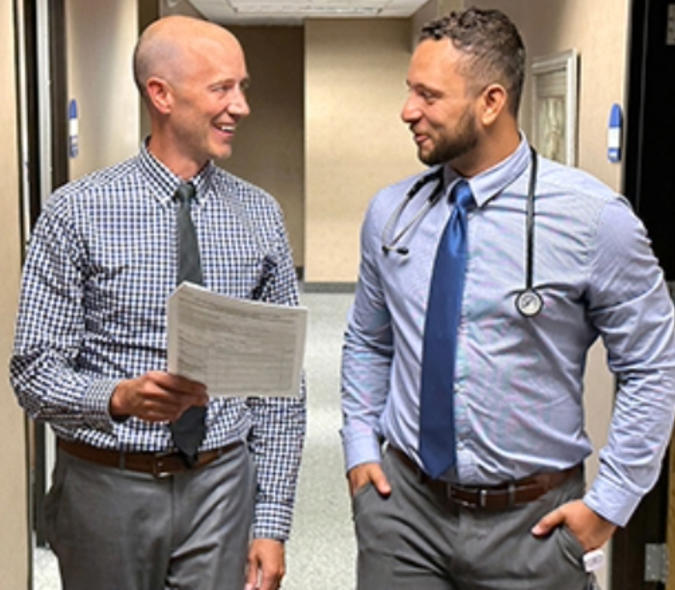
Creating the Evidence for Care
On August 1, 2007, twenty-two members of the University of Minnesota Medical Reserve Corps were deployed to a Minneapolis Family Assistance Center to care for survivors and family members of people in the 35-W bridge collapse. Jerica Berge, PhD, MPH, LMFT, was among the group, serving as a “second responder” who focused on the mental health of survivors and their loved ones. “We worked with family members regarding the ambiguity and uncertainty they were feeling about their lost loved ones, in addition to the sadness and loss they were experiencing,” says Dr. Berge. “It is always an honor to me that people will share that difficult space with me.”
This compassion and dedication to the mental and physical wellbeing of others is what makes Dr. Berge feel at home within the Department of Family Medicine and Community Health, where she has served as faculty for over a decade and was recently named Vice Chair for Research, a role that oversees all research initiatives for the department, which is ranked #4 nationally in NIH funding for family medicine programs.
Bringing together clinical care and research
A leader in NIH-funded publications within family medicine, Dr. Berge has an impressive record of leadership and scholarly work over the past 15 years, particularly around risk and protective factors for weight-related behaviors, child and adolescent obesity disparities, women’s health, and models for integrated care within healthcare settings. During her PhD, which concentrated on behavioral medicine in primary care, Dr. Berge’s internships and clinical rotations focused on integrated care that addressed both the mental and physical health of patients. It was during this time that she began to focus on evidence-based treatment as the best approach for patient care. “As I read about best practice and evidence-based care for my patients, it became clear to me that research was a big part of clinical practice,” she says. “This was exciting to me. Not only could I provide evidence-based care for my patients, I could be a part of creating the evidence that informed my patients’ care.”
The dual perspective of clinician and researcher enabled Dr. Berge to identify weight and weight-related behaviors, such as eating and physical activity, as the common thread across many chronic conditions, which also impacted patients’ physical and mental health. She turned her focus to children and adolescents in particular, seeing the home environment as a meaningful influence on lifetime health. As a translational researcher, Dr. Berge sees the reciprocal nature of both aspects of her work every day. “I often find myself coming up with research questions after a day of clinic. Then I do research so I can bring answers back to help my patients.”
“Integration across research, clinical practice, community, and policy leads to more effective interventions that are highly sustainable and translational."
As the director of the Healthy Eating and Activity across the Lifespan (HEAL) center, Dr. Berge is invested in including the domains of policy and community into her work as well. “Integration across research, clinical practice, community, and policy leads to more effective interventions that are highly sustainable and translational,” she says.
I4: A vision for the future of DFMCH research
Just weeks into her tenure as the new Vice Chair, Dr. Berge has already laid out a detailed vision for the department, a model she calls I4 that comprises four areas - Inclusion, Integration/Interdisciplinary, Innovation, and Identity. These areas weave together to highlight similarities among researchers and encourage interdisciplinary projects, foster creativity and innovation in the approach to research and scholarship, and support the department as a national leader in research within family medicine. "We want others to look to us as the model for carrying out research and scholarship in a family medicine department,” says Dr. Berge.
"Being persistent is the most important characteristic of a successful researcher.”
Nestled at the heart of this model, as well as the DFMCH mission, is the concept of collaboration. By integrating the diverse skills of family medicine practitioners, educators, and researchers, whole-person care truly becomes possible - whether that is serving patients in the clinic or comforting a person who has just lost a loved one in a horrific disaster.
The key to success
The heft of Dr. Berge’s CV conveys the breadth of projects that she has participated in over the years - from leadership roles (in addition to directing the HEAL Center, she is also the director of the Center for Women in Medicine and Science), awards, committee memberships, and invited presentations, to a staggering number of publications and NIH-funded grants. She credits her successes to a genuine joy in her work, as well as a deeply ingrained tenacity that is necessary for researchers in today’s field.
“One of my mentors told me that being persistent is the most important characteristic of a successful researcher,” she recalls. “It’s easy to get discouraged with rejection of manuscripts or grants, but it’s usually the person who keeps submitting that is successful in the end.” Always with an eye on whole-person care, she offers herself the same compassion she would a colleague or a client. “I try not to take rejections personally, but rather see them as a step in the process of an eventual acceptance!”



